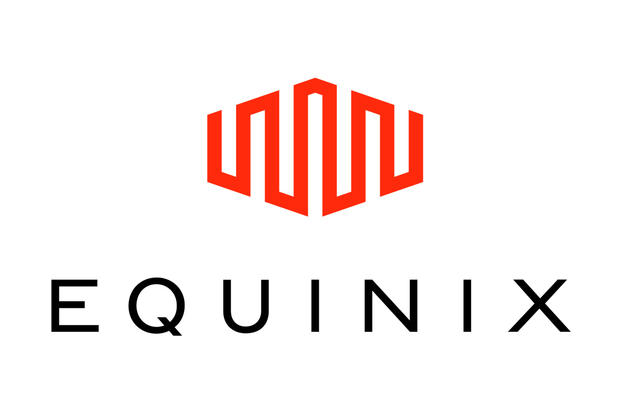Many of my clients who are building veteran hiring initiatives are curious about the benefits and costs of working with staffing and recruiting firms to access qualified veteran job candidates. Let’s look at the differences, costs and benefits of each here:
Staffing and Recruiting are Different
It is important to first note that staffing firms and recruitment agencies typically do different things:
- A staffing firm provides you with short or long-term talent of various skills and levels of experience. These workers (employees of the staffing firm) can work for you on a full or part time basis, and either work in areas of specialization (i.e. network engineer) or more general (administrative assistant). Staffing firms can help you find workers for busy periods or seasonal work, or to build out your teams to grow your company. According to Best of Staffing’s recent study, 1.3 million people are employed by a staffing firm each year.
- A recruitment agency, by contrast, helps you find workers who become employees of your company. They source talent who you interview and hire. Typically, when those individuals are hired by you, a fee is paid to the recruiting firm. Recruiting agencies carefully vet the candidate before referring them on to the hiring manager. The agency recruiter will screen, evaluate, conduct a background check and employment check on the candidate, saving the employer the time of researching the credentials of each applicant.
Let’s look at some of the basics to help you evaluate whether this sourcing strategy is right for your company:
Benefits of Engaging a Veteran Staffing or Recruitment Agency
Whether you are considering working with a staffing firm or recruitment agency for your veteran talent, the benefits of both include:
- They typically have a large database of qualified veteran applicants who can serve your needs.
- They are attuned to trends and happenings in the marketplace and issues veterans face.
- They have developed relationships with veterans in the marketplace – referrals often come to them from other veterans through their network of candidates.
- They can help train and prepare the candidates for the interview and job environment before they arrive at your door.
Staffing firms provide benefits to employers, including:
- Lower cost than hiring workers onto the payroll.
- The ability to “try before you buy” by engaging temporary-to-permanent workers.
- The staffing firm does all the hiring and firing, not you.
- The firm can have your new workforce in place very quickly, ready to go to work!
- The firm is responsible for legal and human resources compliance issues.
- Flexibility: The employer can hire up and decrease staff where needed.
Specific benefits for recruiting agencies include:
- Good recruiters will have built credibility and a track record in the veteran community upon which they can draw.
- They learn to understanding the employer’s goals and brand.
- Recruiters can provide skills translation to the employer for better candidate positioning and placement.
- They can prepare job applicants for interviews with specific companies, coaching them on narrative and job skills.
- The agency provides background checks, screening and pre-interview evaluation of candidate.
Sourcing and attracting veterans from the 2.6 million former military service personnel in the workforce today can be overwhelming. A staffing firm or recruitment agency can streamline the process, provide insight and access to talent otherwise hard to reach for most employers.
The Down Side of Engaging a Veteran Staffing or Recruitment Agency
Evaluating the costs/rewards of using an external agency to meet your veteran hiring needs must include a look at the potential down side. Here are some areas to consider before signing a contract:
- Costs. Staffing firms mark-up the worker’s rate to the employer. The amount paid to the agency is higher than what the employee earns, thus sometimes creating a disconnect in perception of value. For instance, a financial specialist might be charged $50/hour to the employer, but if the worker receives $30/hour then the quality of that candidate’s skills might not be up to the employer’s expectations.
Recruitment agencies typically charge a premium to the workers’ wages or a set percentage of the worker’s annual salary, which the employer pays once that individual is hired, to cover the recruitment agencies costs and profitability. While these fees are justified for the time, effort, and logistics of presenting the candidate, some employers feel they could do this more cost-effectively by using in-house resources. - They don’t know your business like you know your business. Your company culture, teams, and workstyle are unique to your business, industry and company history. Finding someone who can do the job (tactically) is part of the challenge, but not the entire picture. You’ll still need someone who gets along with others, builds morale and camaraderie, and adds personal value to the organization. Someone outside your company might not see the culture the same whey you do, from the inside.
- Contractor relationships. Some employers find the agency/employer relationship to be a strain of time and effort. Unless the agency and employer invest the energy to learn about each other’s goals and needs, build rapport and run through a few projects together, the relationship can feel unproductive.
When recruiting military talent, many employers invest the time and resources to build viable relationships with staffing firms and recruitment agencies. For some employers, these relationships provide a smooth bridge to building in-house programs which the company can take over once the processes and protocol are established.
Before engaging in any contract, it is wise to evaluate the pros and cons, and speak to references of the agency to evaluate cost/benefit on an individual company basis.




